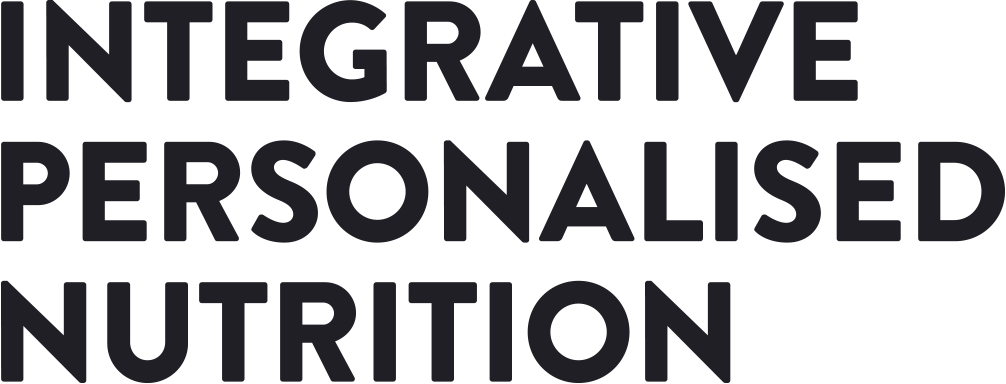Raising a child with Autism Spectrum Disorder (ASD) or Attention Deficit Hyperactivity Disorder (ADHD) can come with unique challenges, especially when it comes to managing their health and wellbeing. Here are some practical tips for parents and caregivers to support their child’s development, focusing on the connection between diet and neurodevelopment.
1. Work with A practitioner
- Tip: Before making any major changes to your child’s diet, it’s essential to consult with a healthcare practitioner. These professionals can help tailor a dietary plan based on your child’s individual needs.
2. Be Aware of Food Sensitivities
- Tip: Certain foods like gluten, dairy, and food additives may trigger symptoms in children with ASD or ADHD. Pay close attention to how your child reacts to different foods and consider working with an IPN expert to identify any sensitivities or intolerances.
3. Focus on Nutrient-Dense Foods
- Tip: Incorporating nutrient-dense foods such as fruits, vegetables, whole grains, lean proteins, and healthy fats can support your child’s brain health and development. These foods are essential for providing the nutrients their body needs to thrive.
4. Limit Processed Foods and Sugars
- Tip: Try to reduce processed foods, sugary drinks, and artificial additives in your child’s diet, as these can contribute to inflammation and make it harder for them to focus or manage emotions. Focus on whole, natural foods as much as possible.
5. Ensure Your Child Stays Hydrated
- Tip: Hydration is key to overall health. Encourage your child to drink plenty of water throughout the day, as proper hydration supports both physical and mental well-being.
6. Consider Supplements – But With Guidance
- Tip: In some cases, supplements may help address specific nutrient deficiencies. However, always consult with a trained practitioner before adding any supplements to your child’s routine to ensure they are safe and effective for their unique needs.
7. Try an Elimination Diet (With Supervision)
- Tip: If you suspect certain foods may be causing issues, an elimination diet can help identify triggers. However, this should be done under the supervision of a practitioner to prevent any potential nutritional imbalances.
Supporting Your Child’s Well-being
Every child is unique, and what works for one may not work for another. By focusing on a personalised, nutrition-based approach and working closely with professionals, you can help your child with ASD or ADHD lead a healthier, happier life.

